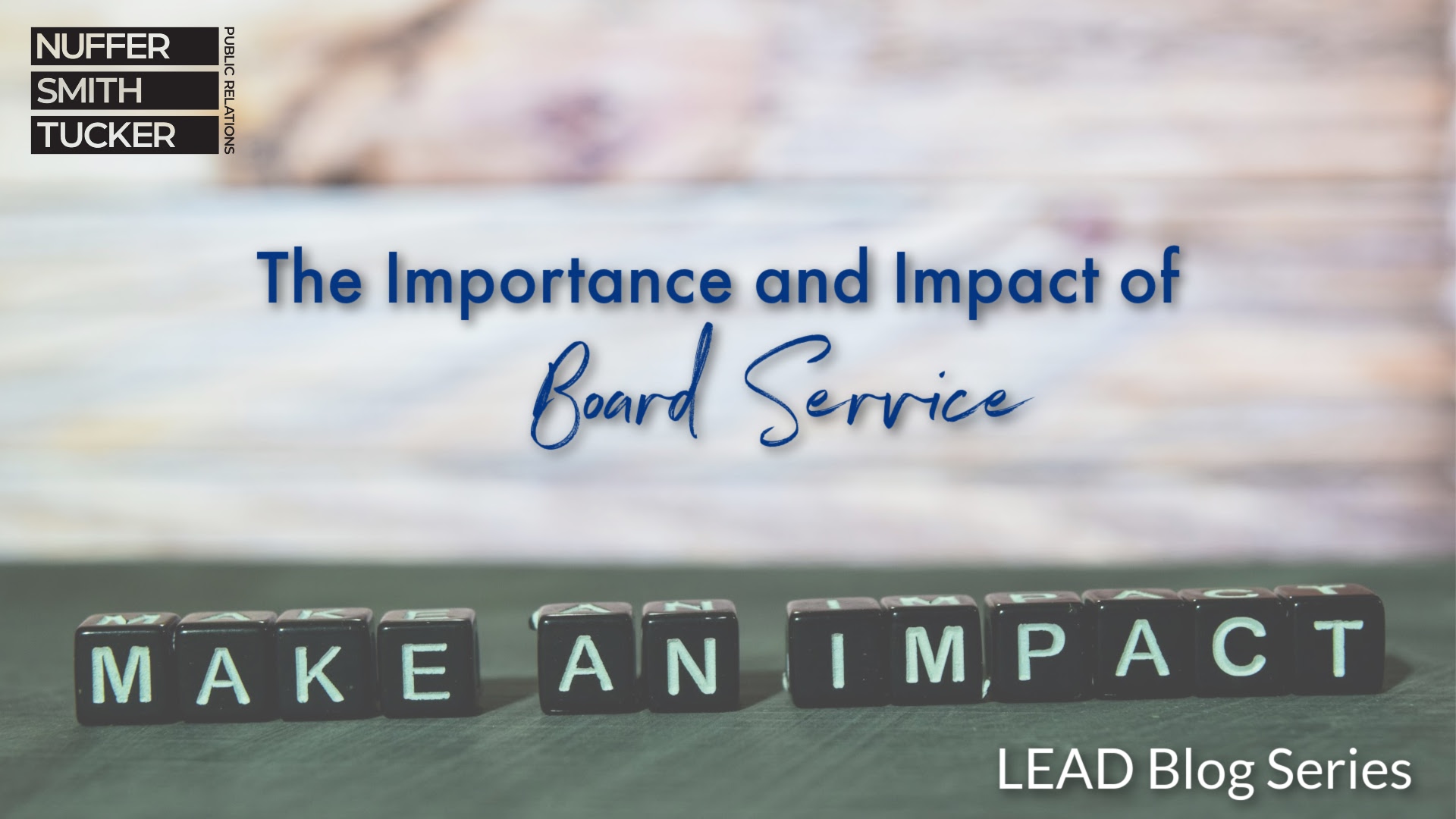San Diego is commonly referred to as “America’s Finest City” – but what makes it so fine?
According to The San Diego Foundation, the San Diego region is home to more than 11,000 nonprofit organizations advancing education, the environment, health and human services, and more.
Those working and volunteering with these nonprofit organizations are pushing for the betterment of the San Diego community and the residents they serve, translating to positive change in our region. While employment opportunities at these organizations might be limited, you can still make a positive impact in the San Diego community by volunteering your time as a board member.
What is a board of directors?
Nonprofit organizations are legally required to have a board of directors to fulfill the tax-exempt status of the organization. Additionally, boards of directors are the holders of the fiduciary responsibility of the organization and are required to ensure the delivery of the nonprofit’s mission.
What does board service entail?
Nonprofit boards have a variety of responsibilities, including selecting, supporting and evaluating a chief executive officer; ensuring effective planning; monitoring and strengthening programs and services; ensuring legal and ethical integrity, enhancing the organization’s public standing; building a competent board; and protecting assets and providing proper financial oversight.
Nonprofit boards have evolved tremendously over the last 30 years and now exist with a renewed focus on integrity and a more expansive view of leadership.
The board of directors is responsible for duty of care, loyalty and obedience.
- Duty: Due diligence.
- Loyalty: No conflict of interest or private gain.
- Obedience: Compliance with the law and organizational decisions.
Most board members are appointed based on their individual status, skills and understanding of an organization’s needs. Board members must be able to understand the information they receive to support effective oversight and decision-making, as well as properly oversee the activities of an organization.
In our experience through our proprietary strategic planning process, an organization is most effective when the board and its high-level executives see eye-to-eye.
What makes a highly effective board?
According to Donna Orem, president of the National Association of Independent Schools there are 10 habits of a highly effective board, including:
- Develop goals to guide their work.
- Create assessment protocols to inform progress and identify strengths and weaknesses.
- Build a board that first and foremost supports the organization’s mission.
- Ensure trustees represent the past, present and future of the organization.
- Understand the importance of diversity to a board’s effectiveness.
- Driven by data rather than anecdote.
- Set term limits and actively recruit trustees.
- Operate using a consent agenda model.
- Orient new trustees and make professional development an essential part of operations.
- Restrain themselves from having too strong a bias toward action and pause to ask the bigger questions first.
How can I get involved?
Building an experienced and diverse board is more important than ever. If you’re interested in board service, there are a variety of resources you can use to learn more about the process, as well as which boards in our community have openings. To find out which nonprofit organizations have board openings, visit Nonprofit Board Exchange.
An important part of ensuring a successful workforce is to ensure boards that lead companies and organizations are diverse and gender balanced. To help mine the gap and ensure women have equal opportunity to serve on corporate, nonprofit and government-appointed board and commissions throughout our region, The San Diego Chamber of Commerce created the All Our Talent: Women on Boards and Commissions initiative.
“Women not only add diversity through their gender and race; they also provide significant value from their perspectives and varied experience in other organizations,” said Jaymie Bradford, executive vice president and chief operating office of the San Diego Regional Chamber of Commerce and Kaley Childs Karaffa, senior direct of board engagement and governance counsel for Nasdaq.
Additionally, several members of Nuffer, Smith, Tucker’s leadership team currently serve on boards and as members of large community and civic organizations throughout the region. If you have specific questions about board service, contact us.
Author’s Note
Information featured above was discussed during LEAD San Diego’s Impact program, a flagship professional development program for mid- to senior-level managers affiliated with the San Diego Regional Chamber of Commerce. The Impact program includes monthly, full-day workshops that focus on the industries that power San Diego and the issues our community may face.
Leading by example, several staff members and all our Leadership Team have completed LEAD San Diego’s Impact program, and Price Adams, executive vice president and partner, has also completed LEAD San Diego’s Advance Program, a seven-month course designed to address the gender gap in the C-suite and boardroom by empowering women leaders to leverage their strengths to make an impact in their personal lives, careers and communities.
A special thank you to Laura Rice, MBA, CFRE, President, Association of Fundraising Professionals, San Diego Chapter & Senior Director, Sustaining Philanthropy, San Diego Zoo Wildlife Alliance.

